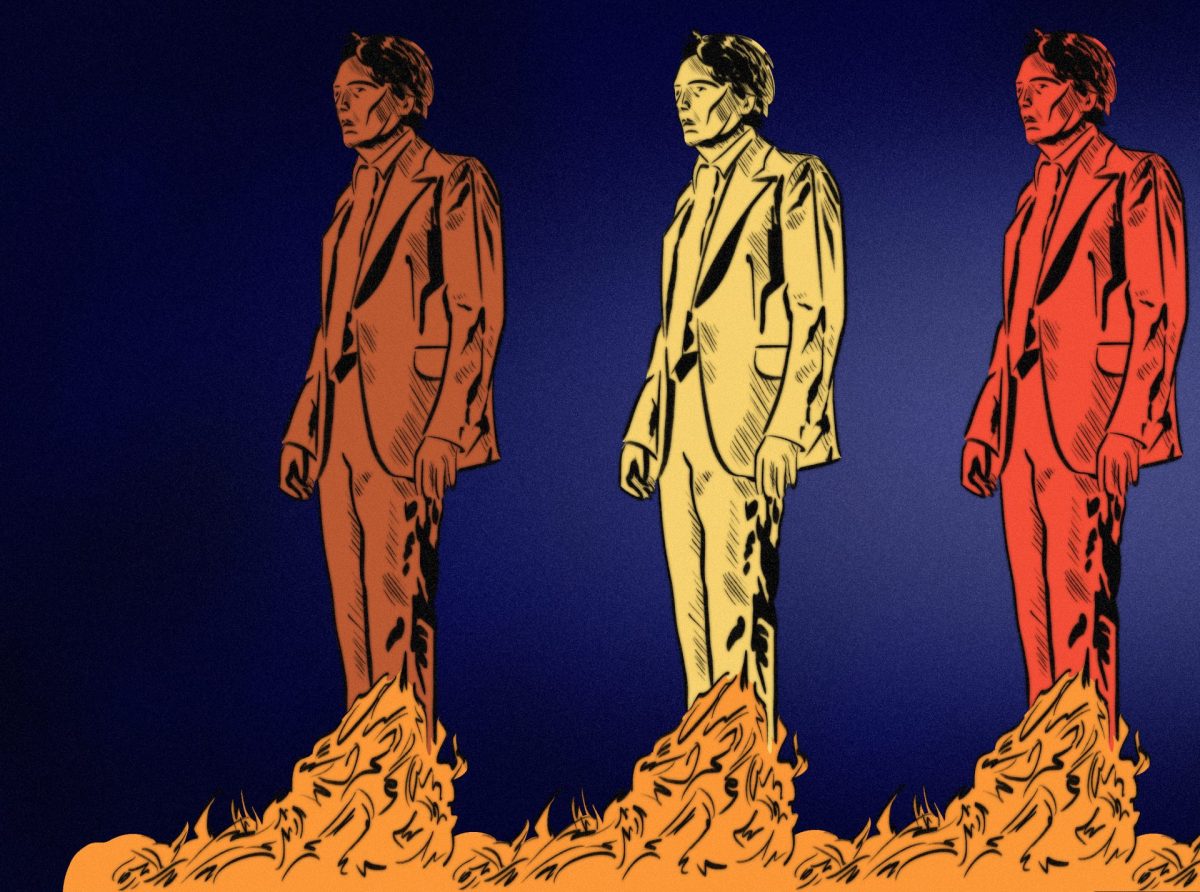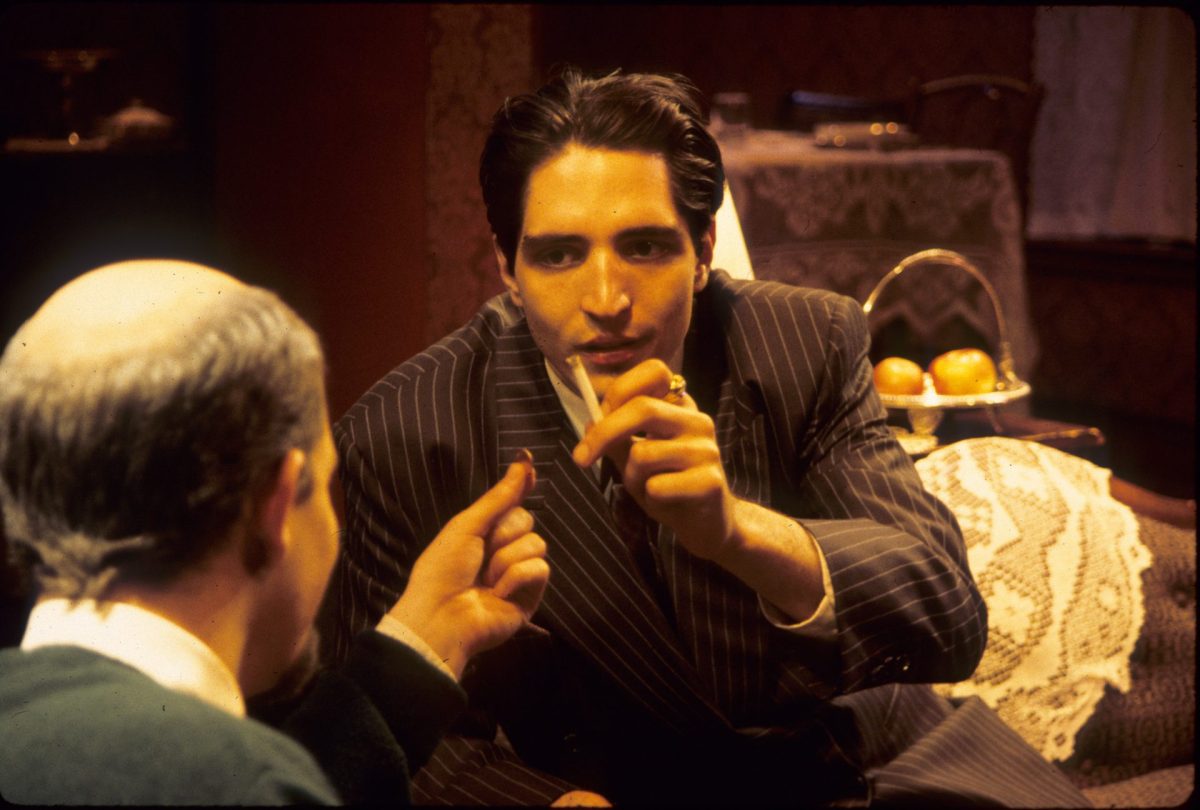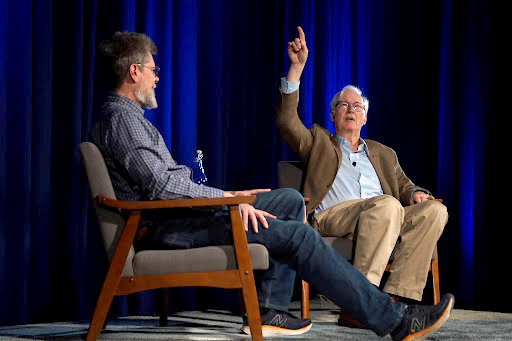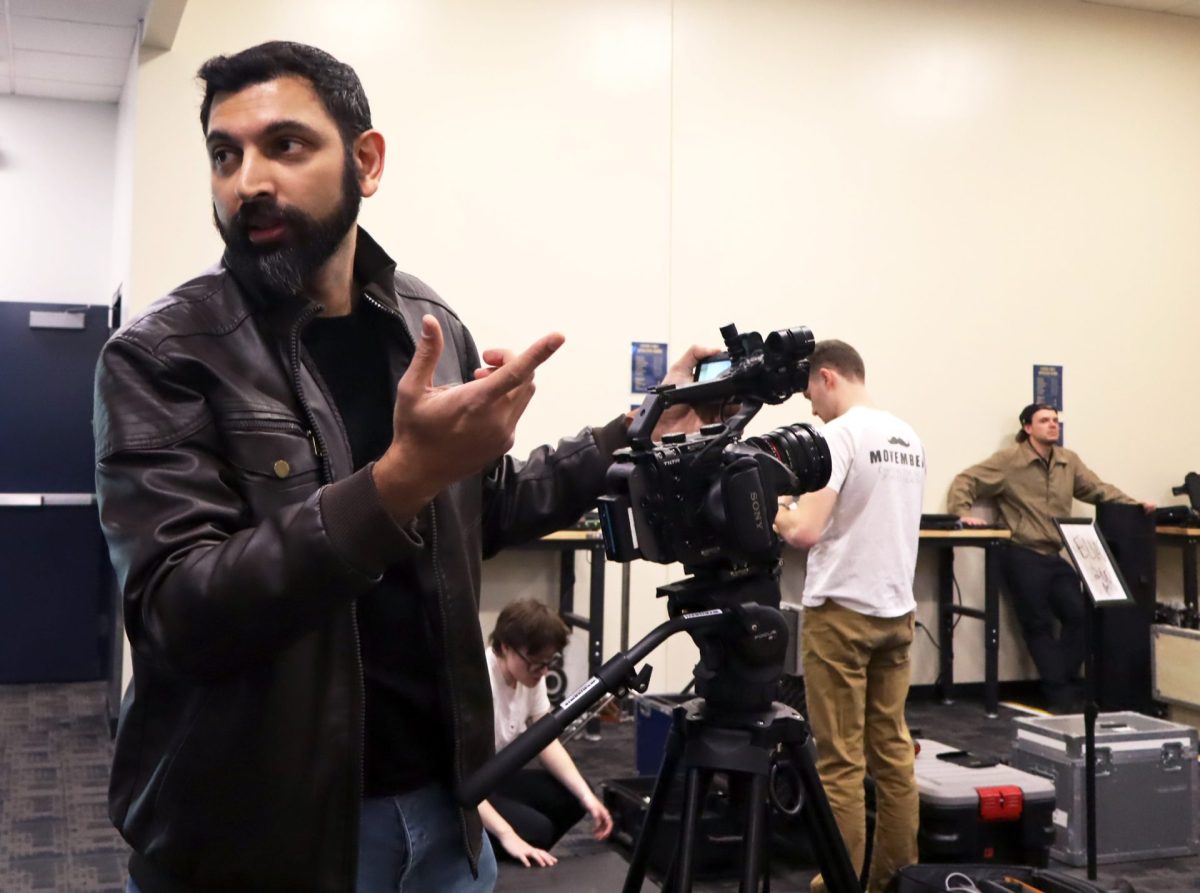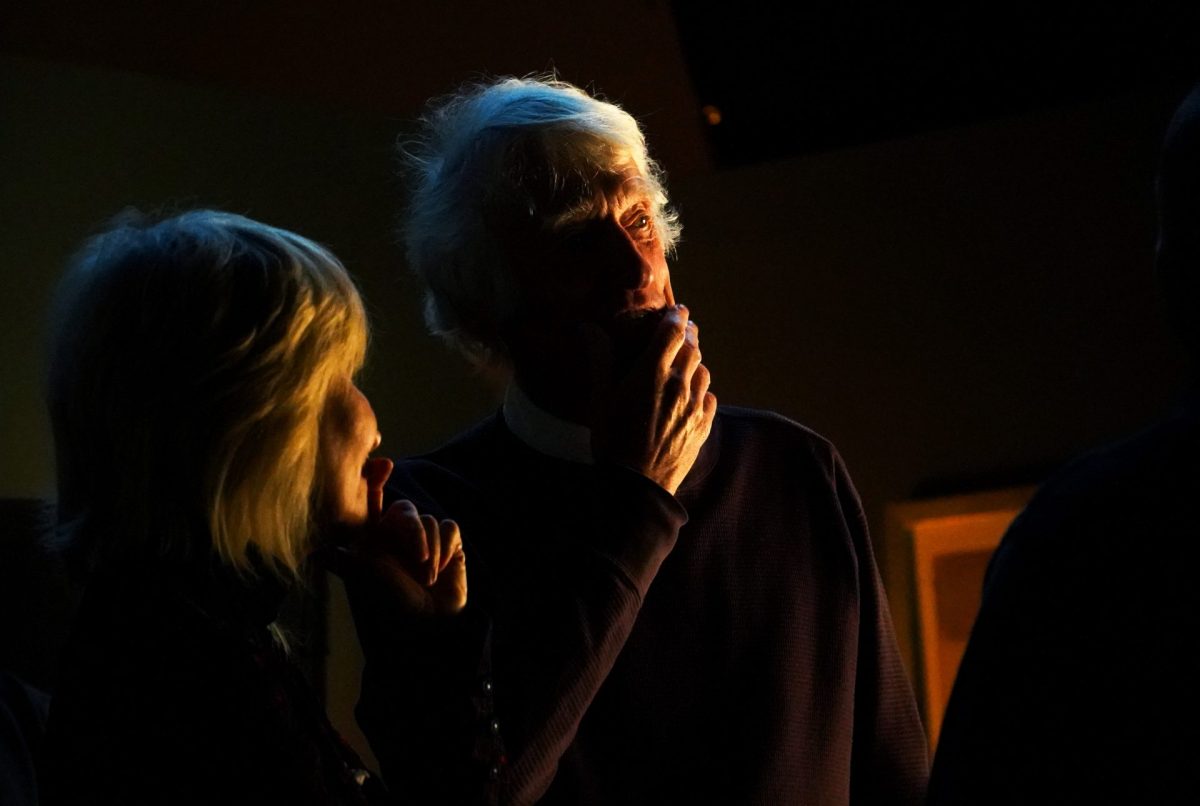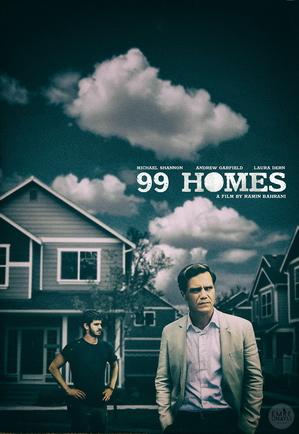 The thing that makes “99 Homes” so enjoyable is director Ramin Bahrani’s abilty to take the business behind foreclosing homes and make it so thrilling. A large amount of the credit also goes to its two magnificent leads, Andrew Garfield and Michael Shannon. Garfield — who stars in his first drama since “The Social Network” — plays Dennis Nash, a single father who, along with his mother and 9-year-old son, are forced out of his home by a ruthless real estate broker, Rick Carver, played by the brilliant Michael Shannon. The scene of this eviction is enthrallingly heartbreaking, and Bahrani does little to hold back the reality of the situation, one that many of us are lucky enough to have never seen. With little money and no work, Nash and his family move into a tiny motel on the outskirts of Orlando, filled of other evicted families struck by the 2008 financial crisis.
The thing that makes “99 Homes” so enjoyable is director Ramin Bahrani’s abilty to take the business behind foreclosing homes and make it so thrilling. A large amount of the credit also goes to its two magnificent leads, Andrew Garfield and Michael Shannon. Garfield — who stars in his first drama since “The Social Network” — plays Dennis Nash, a single father who, along with his mother and 9-year-old son, are forced out of his home by a ruthless real estate broker, Rick Carver, played by the brilliant Michael Shannon. The scene of this eviction is enthrallingly heartbreaking, and Bahrani does little to hold back the reality of the situation, one that many of us are lucky enough to have never seen. With little money and no work, Nash and his family move into a tiny motel on the outskirts of Orlando, filled of other evicted families struck by the 2008 financial crisis.
Endowed by determination to reclaim his home, Nash takes up the only work he can find, as a carpenter and second hand man to Rick Carver, who in turn promises Nash to refinance his lost home if he continues to work for him. The two build a relationship quite similar to Leonardo DiCaprio and Daniel Day-Lewis in “Gangs of New York,” as Nash begins to befriend the devil which initially created his turmoil. Nash learns the trade — and the horror and cheating behind it.
But Carver is not a villain; the system is. It’s in Shannon’s performance that we realize the humanity behind Carver and the tragic fate he disposes on others. He doesn’t enjoy kicking families out of their homes. There’s no pleasure in it, he’s just used to it. He comes off as a bad man, but then look at his house: a practical mansion with a swimming pool and yacht, right along the ocean. And you ask yourself: who wouldn’t want that?
There’s a scene in which Garfield’s character asks Carver, “Is it worth it?” With little hesitation, Shannon responds, “As opposed to what?” At the festival, Bahrani stated those two lines of dialogue, accurately sum up the film. I wouldn’t disagree.
This film has a lot to say, but in no way is it a message film. It takes something we already know is happening, and shows us how it is happening. It’s a dramatized version of real events and real families.
There are a number of variations and interpretations of what the “American Dream” is in our society, but one of the bases of that dream is having a home for your family. And nobody realizes how important a home is to them, until theirs is taken away.
This is not an American film; this is — to put it bluntly — America. Not the country, but the business.








